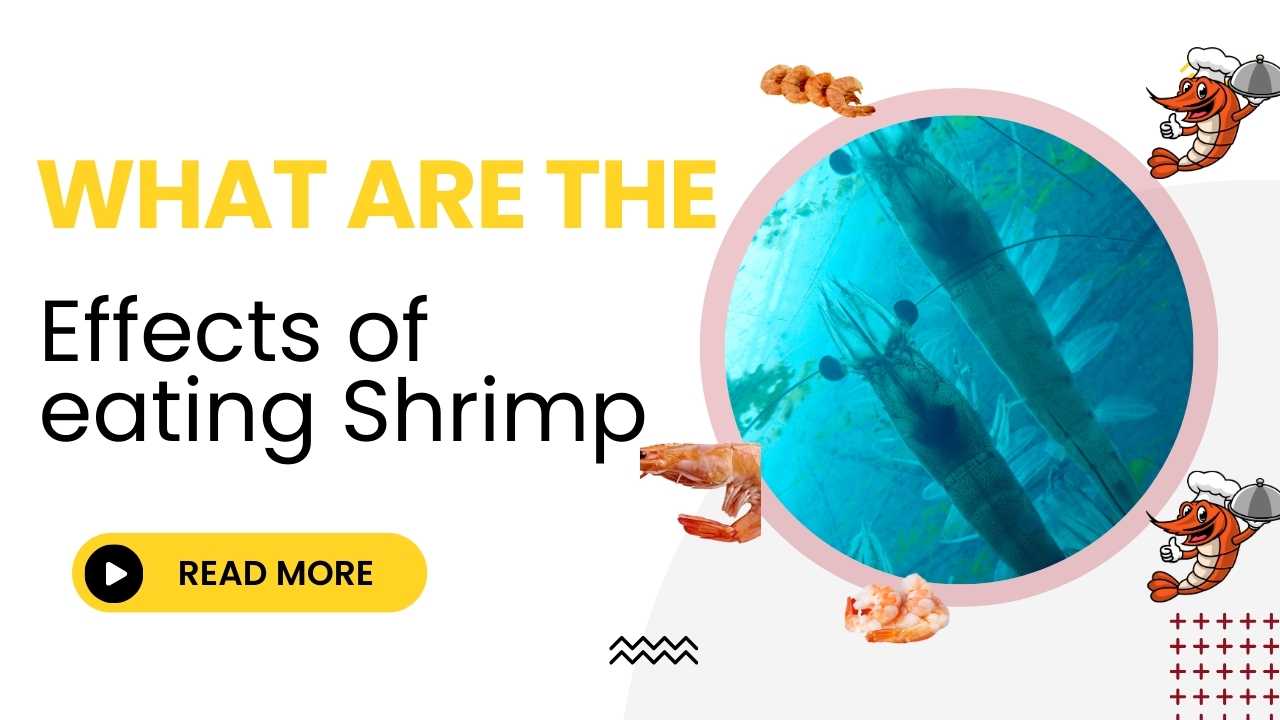Shrimp is a popular seafood choice, known for its delicious taste and versatility in a variety of dishes. Many people wonder if it’s safe and healthy to eat shrimp on a daily basis. This guide explores the nutritional benefits, potential risks, and considerations for including shrimp in your daily diet.
Read More: Is shrimp good for men?
Nutritional Benefits of Shrimp
Shrimp is rich in nutrients and offers several health benefits:
- High in Protein: Shrimp is an excellent source of high-quality protein, essential for muscle growth and repair.
- Low in Calories: Shrimp is low in calories, making it a good choice for weight management.
- Rich in Omega-3 Fatty Acids: These essential fats support heart health and reduce inflammation.
- Packed with Vitamins and Minerals:
- Vitamin B12: Important for nerve function and the production of red blood cells.
- Selenium: An antioxidant that helps protect cells from damage.
- Zinc: Supports immune function and wound healing.
- Iodine: Necessary for thyroid function.
Potential Risks of Eating Shrimp Everyday
While shrimp offers numerous health benefits, there are potential risks to consider if consuming it daily:
- Cholesterol Content: Shrimp is relatively high in cholesterol. Although dietary cholesterol has less impact on blood cholesterol levels for most people compared to saturated and trans fats, those with certain health conditions (e.g., hypercholesterolemia) should monitor their intake.
- Mercury and Contaminants: Shrimp generally has lower mercury levels compared to larger fish. However, it can still contain traces of contaminants like polychlorinated biphenyls (PCBs) and other pollutants.
- Allergies: Shellfish, including shrimp, is a common allergen. Individuals with shellfish allergies should avoid shrimp altogether.
- Sodium Content: Some processed or pre-cooked shrimp products can be high in sodium. It’s best to choose fresh or frozen shrimp without added salt.
Considerations for Eating Shrimp Daily
If you enjoy shrimp and want to include it in your daily diet, here are some tips to do so healthily:
- Moderation: Balance your diet with a variety of protein sources, such as fish, poultry, legumes, and plant-based proteins.
- Preparation Methods: Opt for healthier cooking methods like boiling, steaming, grilling, or sautéing with minimal added fats and sodium. Avoid deep-frying or heavily breaded shrimp.
- Watch for Additives: When buying pre-packaged or processed shrimp, check labels for added sodium, preservatives, or artificial ingredients.
- Monitor Portion Sizes: Stick to recommended serving sizes, typically around 3-4 ounces (about 85-115 grams) of shrimp per serving.
Alternative Protein Sources
To maintain a balanced diet, consider incorporating a variety of protein sources alongside shrimp:
- Fish: Salmon, mackerel, and sardines are excellent sources of omega-3 fatty acids.
- Poultry: Chicken and turkey are lean protein options.
- Legumes: Beans, lentils, and chickpeas provide plant-based protein and fiber.
- Tofu and Tempeh: These soy-based products are versatile and nutritious plant-based protein sources.
- Nuts and Seeds: Almonds, chia seeds, and flaxseeds offer healthy fats and protein.
Conclusion
Eating shrimp every day can be part of a healthy diet if consumed in moderation and prepared healthily. Shrimp offers numerous nutritional benefits, including high-quality protein, omega-3 fatty acids, and essential vitamins and minerals. However, it’s important to be mindful of potential risks, such as cholesterol content and contaminants. Balancing shrimp with other protein sources and maintaining a varied diet is key to achieving optimal health.
FAQ on Eating Shrimp Everyday
Q1: Is it safe to eat shrimp every day? A1: Yes, it can be safe to eat shrimp every day if consumed in moderation and prepared healthily. However, it’s important to balance your diet with other protein sources.
Q2: Can eating shrimp daily increase my cholesterol levels? A2: Shrimp is high in dietary cholesterol, but it has minimal impact on blood cholesterol levels for most people. Those with specific health conditions should monitor their intake.
Q3: How can I include shrimp in my diet healthily? A3: Opt for healthy cooking methods like boiling, steaming, grilling, or sautéing with minimal added fats and sodium. Avoid deep-frying and heavily processed shrimp.
Q4: Are there any risks associated with eating shrimp every day? A4: Potential risks include high cholesterol intake, exposure to contaminants, and allergies. It’s important to choose high-quality shrimp and prepare it healthily.
Q5: What are good alternative protein sources to shrimp? A5: Alternative protein sources include fish (like salmon and sardines), poultry (chicken and turkey), legumes (beans and lentils), tofu, tempeh, nuts, and seeds.


